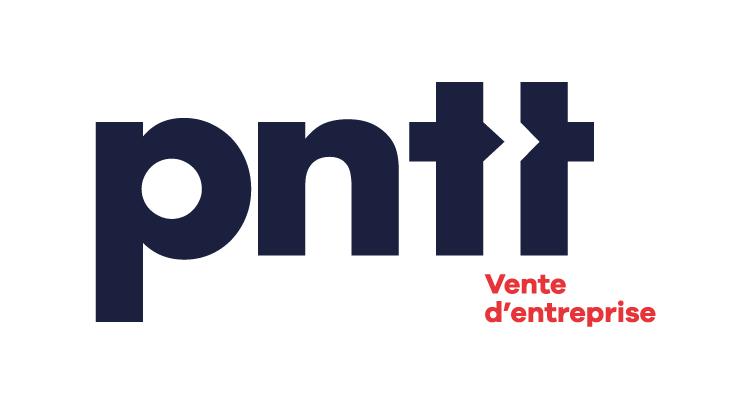Did you know that by selling your shares, you can take a deduction of up to $1,016,836 (in 2024)? When you consider that the marginal tax rate on capital gains is 26.653%, this means that taking full advantage of this deduction would reduce your taxes by $271,017. What’s more, with the right structure, you could use your family members’ deduction. This is all the more important when you consider that “90% of small business owners consider the proceeds from the sale of their business, their personal savings and the capital gains deduction to be very important for financing their retirement”[1]. Any individual can use this exemption once in his or her lifetime. However, it is indexed annually at a factor of 1.7% to take inflation into account. For example, the deduction was $800,000 in 2014 and will now be $1,016,836 in 2024. For qualifying farm or fishing property, indexation has been suspended, but the limit has increased to $1 million for sales made after April 21, 2015. Tax planning can be put in place to crystallize this deduction to ensure you have said exemption if the government makes changes to the legislation. [1] (Source: La transmission d’entreprise : problématiques et pistes de solution, RCGT, 2010).
1st criteria : Conditions for using the capital gains deduction ("CGD")
At the time of sale, the shares must be held in a small business corporation (“SBLC”). To be an SBLC, the corporation must be a Canadian-controlled private corporation (“CCPC”), i.e. a Canadian corporation majority-owned by Canadian residents. In addition, all or substantially all (approximately 90%) of the fair market value of your company’s assets must be used primarily (over 50%) in an active business carried on principally in Canada.
Here are some examples of assets that are not used in an active business:
- Excess liquidity in excess of reasonable working capital;
- Advances to a shareholder or related person, or certain advances to sister companies;
- Loan to a partnership;
- Capital assets not used as business assets (e.g., a rental building);
- Life insurance on the life of another person;
- Cash surrender value of life insurance held by the company on the lives of shareholders;
- and Stock market investments in public companies.
Here are a few techniques for purifying your company and meeting the various criteria (“purification” consists of removing from the company assets that are not used for the active operation of the business) :
- Pay off various liabilities such as accounts payable;
- Repay certain loans;
- Purchase qualifying assets, e.g. more inventory;
- Dividend payments;
- Salary payments;
- and Transfer assets to a management company.
2nd criteria: 24-month holding test
This criteria means that throughout the 24-month period preceding the time of sale, you or a related person must own the shares. This can work even if you hold shares in a partnership or sole proprietorship, provided you transfer all or substantially all (90%) of your business assets to a corporation. It also works if you exchange your shares for other types of shares (replacement shares). For example, you exchange your common shares for preferred shares as part of an estate freeze.


3rd criteria: 24-month asset test
This criteria means that, at any time during the 24-month period preceding the sale, more than 50% of the fair market value of the company’s assets is used primarily in a business that the company or a related company is actively carrying on, primarily in Canada. An additional test may be required if you hold interests in other companies and do not meet the 50% criterion in the 3rd criterion. Things to consider when using the DGC :
- The cap on the cumulative net investment loss (“CNIL”) has the effect of disallowing the deduction up to the amount of the CNIL account.
- Business investment loss (“BIL”) must be reduced for any CGD claimed in prior years, but this deduction will be treated as a capital loss deductible against taxable capital gains.
- There will be an alternative minimum tax (“AMT”) payable. This tax can be recovered over the next seven (7) years if taxable income is generated in the future.
- When negotiating the sale of your shares, the buyer will want to negotiate down the price of your shares because he is inheriting the company’s past and because he will not be able to benefit from the same amount of tax deduction (depreciation) as if he had acquired the company’s assets.
For a free, confidential analysis of your business before you consider selling it
This analysis will help you answer the following questions:
1. What is my business worth?
2. How much tax will I have to pay if I sell my business?
3. How do I sell a business?
4. Are there any buyers for my business?






